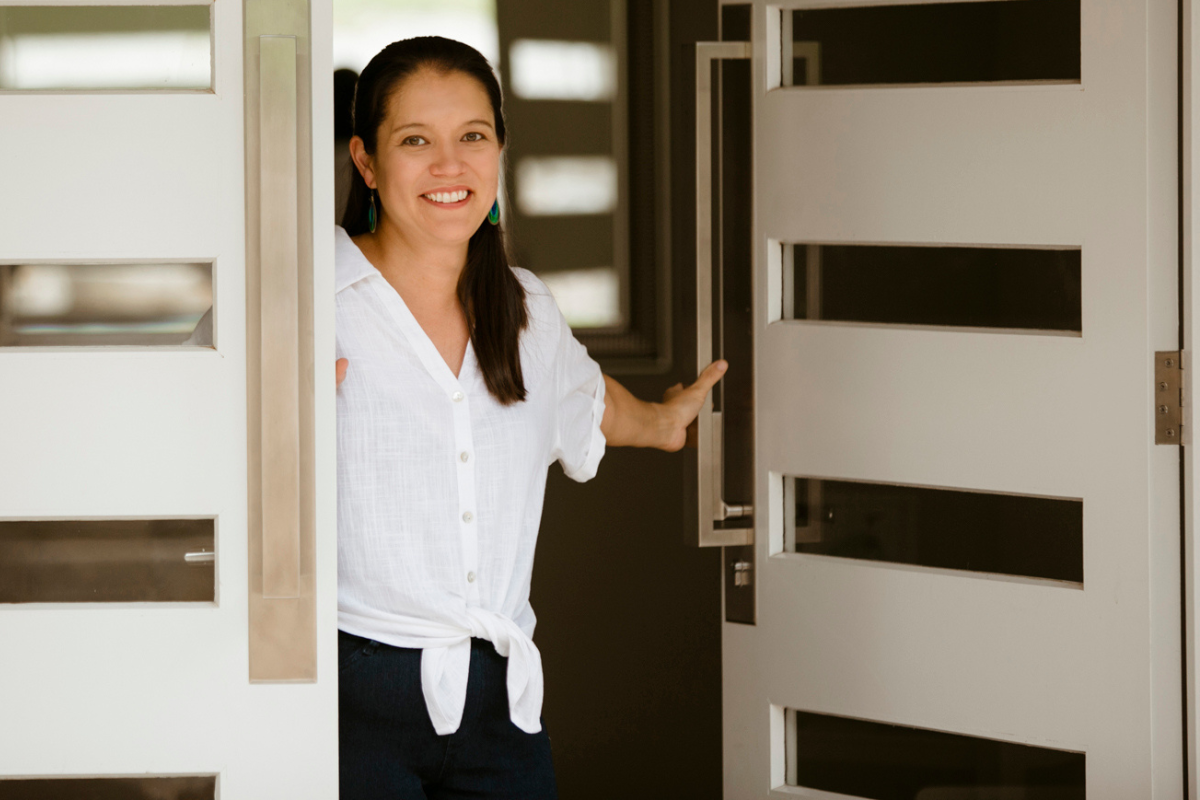Creating Cash Flow In Your Business
Cash flow in your business is created in a number of ways.
Cash flow in your business is created by a variety of influences. By understanding what they are, you can work on improving your business cash flow for better business.
- Accounts Receivable – This is the money your clients and customers owe your business.
When the invoices you send are paid on time, the impact on your business cash flow is a positive one. And when they delay paying your invoices? Unfortunately, too many small business owners know the potentially disastrous impact poor cash flow can have.
- Accounts Payable – This is the money your suppliers are owed by your business.
Pushing your trading terms to the max can have a positive impact on your cash flow but manage it well to ensure it doesn’t impact on your relationships with valued suppliers.
- Inventory – How much money your business has tied up in inventory can make a huge difference to your business cash flow. Remember – when you buy inventory you are spending money that will not be returned to you until those goods are sold.
Having vast amounts of inventory stored in your warehouse puts incredible pressure on your cash flow.
- Work in Progress – This simply means projects that have not been completed.
Stretching out work on large projects puts pressure on business cash flow because invoices that aren’t even raised until completed delivery of work can be weeks or months away from being paid. Manage this side of your business well. As your small business grows, working on larger projects can seem like a huge win but must be balanced with smaller projects that pay more frequently.
- Profit and Loss – Profit, by itself, does not produce cash flow. Obviously, profitability is an important factor in creating better cash flow but other things that have an impact include revenue growth, overhead costs and price fluctuations, as well as the gross margin on your products and services.
- Asset Purchases – This is what you spend on equipment for your business, including any vehicles.
Typically, these expensive items are the largest outlays your business will make. The way you buy these assets impacts on your business cash flow. Talk to your accountant or bookkeeper about the pros and cons of leasing versus buying outright.
- Loan/Lease Repayments – Any repayments that must be made regularly.
When you know your numbers, as a business owner, it is the first practical step to being able to change them for the better – optimising the ways you can save money and minimising unnecessary spending.
Better business begins with smartly managed financials that help your business operate efficiently and effectively.
Lisa Stoneham is a qualified accountant and bookkeeper, helping her clients make more money with less effort. Lisa has been managing business numbers since 2005, and in July 2015, she realised her dream to run her own business when she started Straight Forward Accounting Solutions. You can connect with Lisa on LinkedIn.
-1.png)

.png)

.png)






